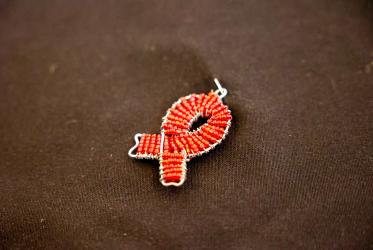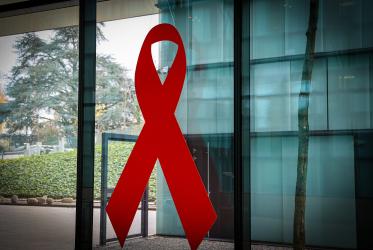Geneva, 7 August 2007
Your Excellency,
May I on the outset congratulate you for the boldness in which you have decided to put the lives of your people above the protection of profits for pharmaceutical companies through patents.
Rwanda is the first developing country to attempt to use the amendment to the TRIPS (Trade Related aspects of Intellectual Property) Agreement of the WTO which enables countries without pharmaceutical manufacturing capacity to take advantage of the flexibilities within TRIPS that allow for licensing of generic manufacture of medicines. The need for this was asserted by all the member states of the WTO in their declaration in 2001 which affirmed that trade rules should be used in a way that is supportive of public health, particularly the need for access to medicines for all.
It is therefore outrageous that there should be any reason in our society for me to write this letter. Your action is entirely in line with your government's legal responsibility to protect the right to health of the Rwandan people, and it conforms to all international trade and intellectual property rules. Yet I know that in taking this step you risk being a target of international condemnation and pressure from some governments and transnational corporations. Some may try to imply that Rwanda's action is illegal and that it disregards the international intellectual property system. In fact Rwanda's action is entirely legal and complies with the system.
I therefore wish to express the support of the World Council of Churches (WCC) for Rwanda's actions. The WCC is among global organizations running programs to combat HIV and AIDS particularly in Africa where this pandemic is having such devastating effect. Our Ecumenical HIV and AIDS in Africa program (EHAIA) will certainly be strengthened by policies such as yours. The WCC also participates in the Ecumenical Advocacy Alliance (EAA) which has been campaigning for access to medicines
It is a moral imperative in this world of such extremes of poverty and wealth, of advantage and disadvantage, of life and death, that a system of intellectual property must incorporate provision for the disadvantaged and vulnerable. The need to reward private innovation must be in balance with the public good, including the right to health. Our current system needs more provisions that enable countries to act in the interests of their people, not less.
I wish you every success in this attempt to use the TRIPS Amendment. I have heard that one of the patent holders, Boehringer Ingelheim, is prepared to grant a voluntary licence. I hope that this is indeed the case and that it signals that the attempt may go smoothly and successfully.
I am also however very aware that the TRIPS Amendment does not provide a long-term answer to the problem of access to medicines for developing countries, nor does it address the underlying causes of the inequity in access. I therefore urge you to continue taking steps to finding a sustainable solution for access to medicines for the people of Rwanda, including use of other flexibilities in TRIPS and import of medicines from countries where they are not under patent, such as India, and pursuit of a system that would give better balance between intellectual property rights and the right to health through international fora such as the WTO and WHO.
Wishing you God's blessing in your challenging task,
Yours sincerely,
Samuel Kobia
General Secretary





